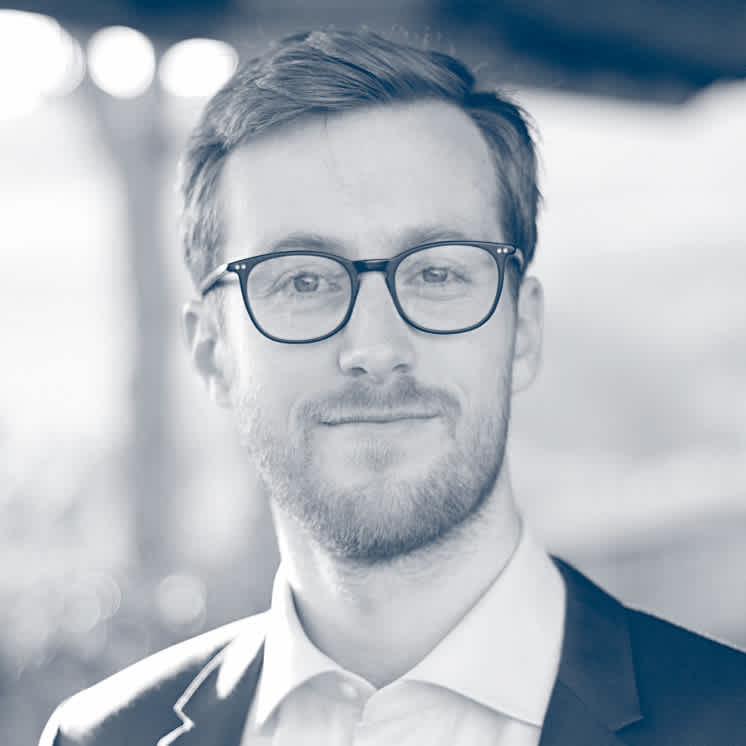- Home
- Research & Transfer
- Research Projects
- The Monopoly on the Use of Force and Paradoxes of Security – Discrepancies between Objective and Subjective Security in the Central African Republic and Lebanon
The Monopoly on the Use of Force and Paradoxes of Security – Discrepancies between Objective and Subjective Security in the Central African Republic and Lebanon
Reinstating the state monopoly on the legitimate use of force continues to be the key strategy used to pacify conflict zones and rebuild so-called ‘fragile states’. At the same time, the empirically measurable effects of state armed forces extending their reach throughout their country on people’s security are at best ambivalent. This project investigates the often paradoxical relationship between the processes of security production in the local security arena and inhabitants’ perceptions of their own security.
DFG, 2020-2024
Team
Research Questions
Why do states’ attempts to monopolize the use of force at times create divergent objective and subjective levels of security?
Contribution to International Research
To date, the debate in the literature has explained the merits and pitfalls of a state monopoly on the legitimate use of violence for security, particularly from a theoretical angle. Scholars have analysed how pluralized political orders can also provide security to the populace. This project fills a gap between the two debates by investigating from an empirical angle how security is affected when the political order moves from pluralized to monopolized. It thus challenges the above-mentioned literature by asking: What happens to ‘areas of limited statehood’ when statehood is delimited? How does ‘public authority’ evolve locally when the state tries to take over? How do ‘oligopolies of violence’ adapt to monopolization attempts by the state? What is this ‘state as a process’ when the state actively seeks to extend its reach?
Research Design and Methods
Although political science has a long tradition of comparative studies, local security comparisons have seldom been the object of qualitative research. This project attempts such an endeavour using the analytical approach of comparative area studies (CAS). The CAS approach enables scholars with profound area knowledge to compare across cases and advances theory-building by challenging European and North American assumptions with comparative empirical observations across world regions. My methodology follows the local turn, as the research project moves from the national level to local comparisons. I use site-intensive methods inspired by ethnography and integrate them into political science research to uncover generalizable ordering patterns.
Preliminary Findings
Glawion, Tim. 2022. “Cross-Case Patterns of Security Production in Hybrid Political Orders: Their Shapes, Ordering Practices, and Paradoxical Outcomes.” Peacebuilding 00 (00): 1–16. https://doi.org/10.1080/21647259.2022.2079246, excerpt from page 15-16:
"what security outcomes are observed during fieldwork in ]hybrid political orders] can at times be unexpected or even paradoxical, when arriving with hypotheses based on seemingly ‘objective’ security measurements. It is thus indeed meaningful to study subjective aspects of security from the bottom up, in line with the current trend towards ‘vernacular security’ and ‘everyday peace’. Nevertheless, ‘objective’ security still matters, espe- cially when it – seemingly paradoxically – differs from subjective security feelings. Such security paradoxes can teach us about the workings of security production and people’s support for or resistance to ordering processes. Acknowledging people’s felt insecurity – despite the absence of measured conflict – can have real-world consequences: if people disagree with how security is currently ordered, clashes can arise and lead to blatant insecurity."
Glawion, Tim, and Anne-Clémence Le Noan. 2023. “Rebel Governance or Governance in Rebel Territory? Extraction and Services in Ndélé, Central African Republic.” Small Wars & Insurgencies 34 (1): 24–51. https://doi.org/10.1080/09592318.2022.2137282. Excerpt from page 43:
"rebel-governance research could be too readily attributing governance in rebel territory to governance by rebel actors, as well as misinterpreting security actions for extractive purposes – as reflected in the modest number of reported conflict deaths – creating felt subjective security among the local population."
Vries, Lotje de, and Tim Glawion. 2021. “Studying Insecurity from Relative Safety — Dealing with Methodological Blind Spots.” Qualitative Research, December. https://doi.org/10.1177/14687941211061061. Excerpt from page 14:
"This article has proposed differentiating between inner and outer circles to transparently articulate the spheres of projection that creep into our knowledge production and that need to be made explicit."








